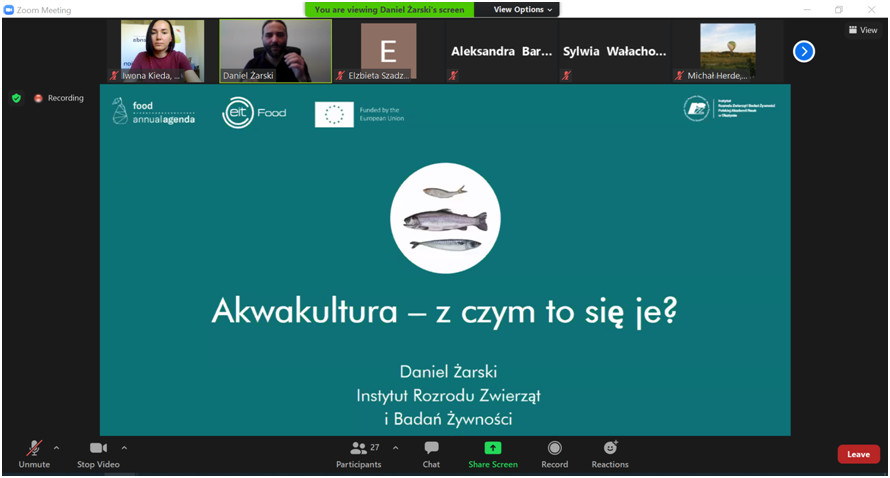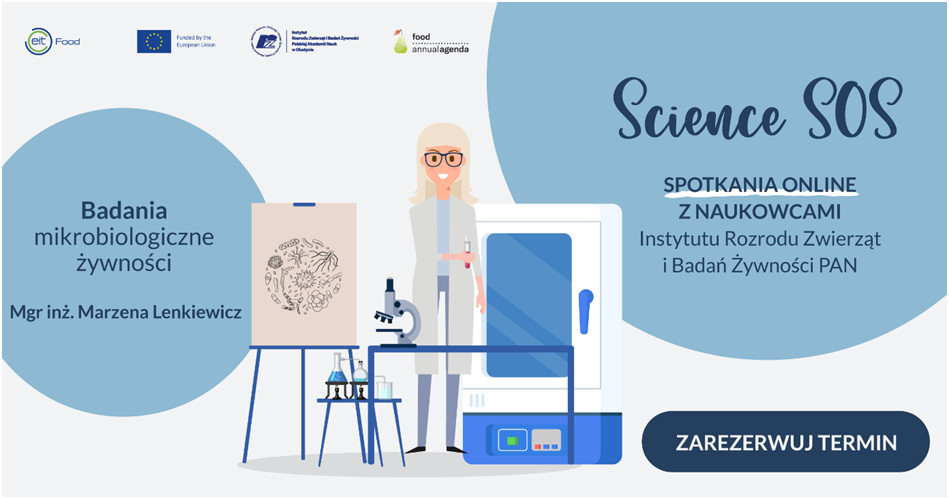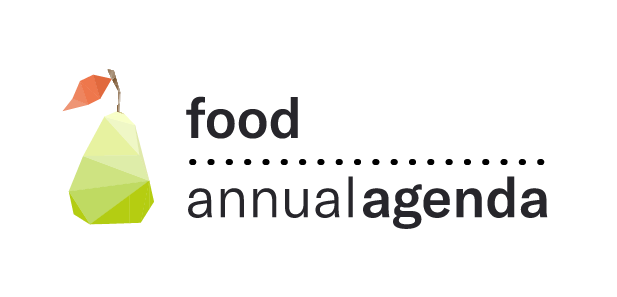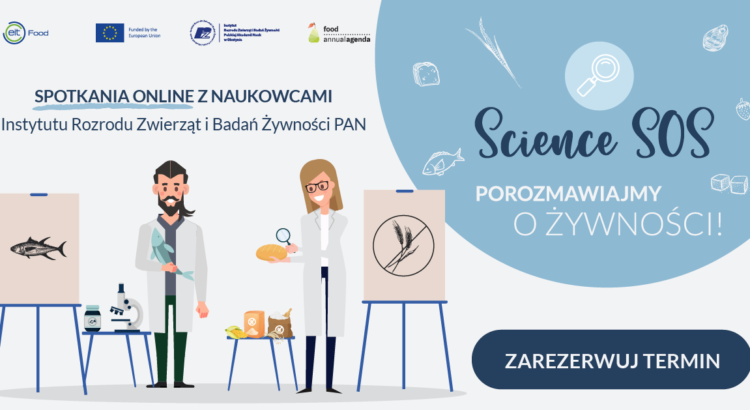EIT Food #AnnualFoodAgenda action called “Science SOS – let’s talk about food” has just come to an end. Institute of Animal Reproduction an Food Research PAS invited teachers, tutors and organisers of food-related events to book online visits of food scientists and let their audience learn about healthy eating habits. We held 23 interactive visits with around 600 consumers – teachers, pupils, students and agri-food specialists. Thanks to an online format of the events we engaged with groups from various parts of Poland, including RIS regions.

Why is it worth to choose fish from controlled environments? How to handle food to avoid microbiological cross-contamination? What should we do when we have symptoms of gluten intolerance? #AnnualFoodAgenda “Science SOS” offered meetings with microbiologists, food technologists, biotechnologist, ichtiologist and experts in molecular biology. We talked about myths around the quality of fish from breeding tanks and took a closer look at sugars naturally present in fruits and vegetables. The consumers discovered why food producers reach for ancient crops, and why we should not eliminate gluten from our diet without medical consultation. We got an insight into the bacteria causing food poisoning and look at biofilm forming our e.g. our teeth. The topics available included also nutritional programming, the pro-health properties of raspberries and controversies around meat in our diet.

Each interactive meeting was concluded with a Kahoot-aided quiz testing participants’ understanding of the knowledge presented. Satisfaction surveys were also sent out.
As much as 58% and 27% of respondents rated the event as ‘I liked it very much’ and ‘I liked it’, respectively. 80% of the consumers questioned stated gaining new knowledge on heathy eating, with 63% declared efforts to use it in their daily lives. of them Around 64% of people engaged also claimed that initiatives like “Science SOS”, which entail meetings with food researchers, help to boost consumers’ trust in the food system.
>>>>> GO TO OUR RESEARCHERS <<<<<


